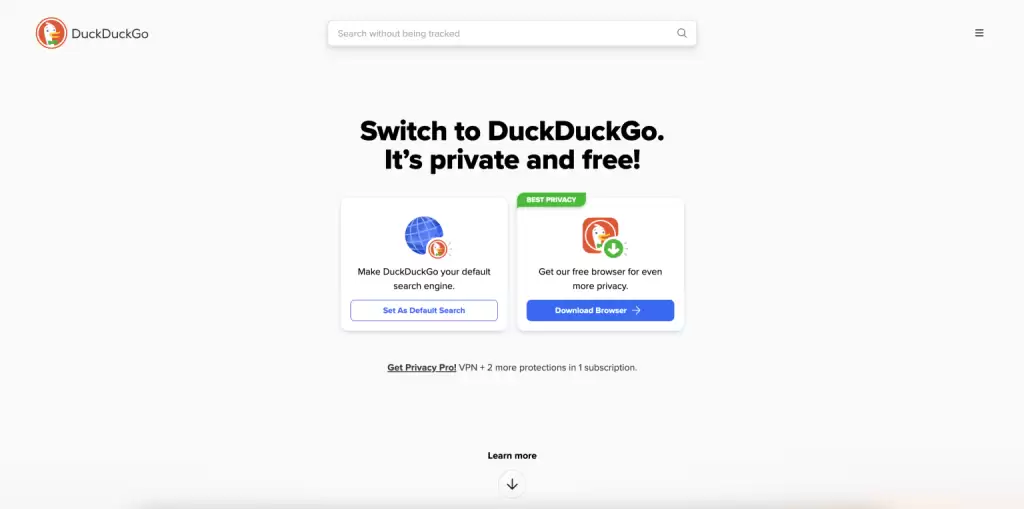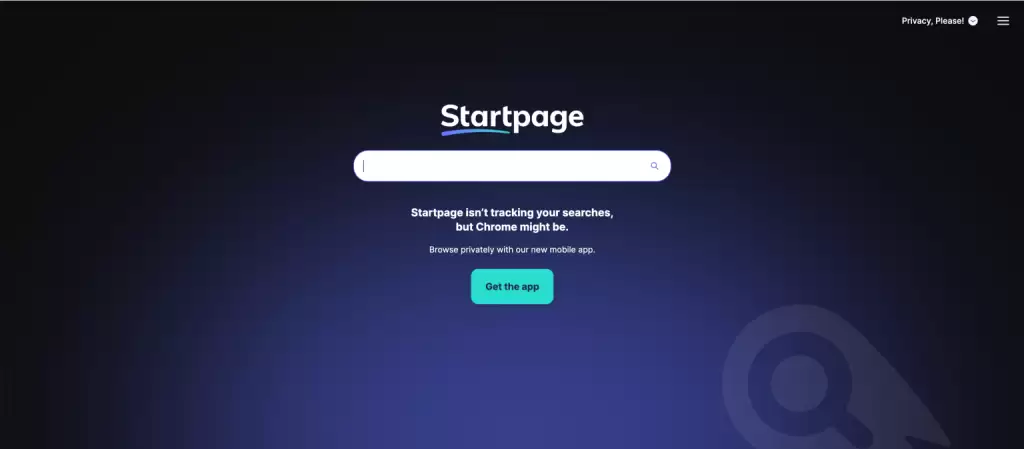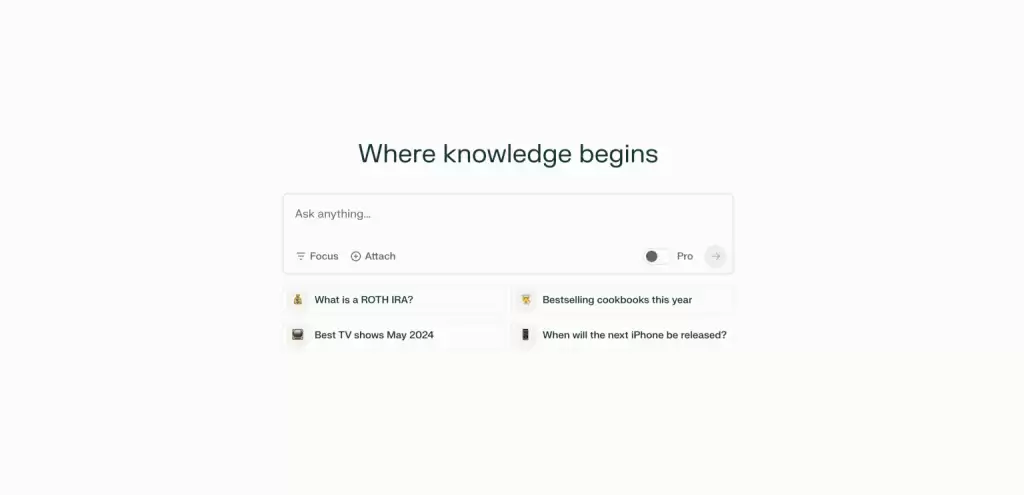Exploring Alternatives to Google Search
Google has long held a dominant position in the search engine market, a fact recently underscored by a U.S. District Court judge who ruled that the company had engaged in illegal practices to maintain its monopoly. For many, Google Search has become synonymous with online inquiry, replacing traditional tools like phone books and encyclopedias. Despite Google’s widespread use, it is not the only option available. If you’ve never considered alternatives to Google Search, you may be surprised by the range of options now on the market.
Several alternatives have gained traction, each offering unique features that cater to various user needs. Whether you’re seeking enhanced privacy, AI-driven search capabilities, or simply a different user experience, these search engines provide compelling alternatives to Google. While Microsoft’s Bing and Yahoo are among the more well-known competitors, this guide will focus on newer, lesser-known search engines that are making waves in the industry.
READ ALSO: Google Retires Chromecast, Launches AI-Powered Google TV Streamer
DuckDuckGo: The Privacy-Centric Search Engine

For users prioritizing privacy, DuckDuckGo stands out as a top contender. Unlike Google, DuckDuckGo does not track your search history or collect personal information to personalize search results or ads. This commitment to privacy is reflected in their straightforward and transparent privacy policy, which assures users that their data is neither stored nor shared.
DuckDuckGo offers a clean, user-friendly interface that allows searches across various categories, including images, videos, news, maps, and shopping. Users can filter results based on time frames such as the past day, week, month, or year, and can also localize their searches by region. The platform includes a safe search feature with customizable settings ranging from “off” to “strict” or “moderate.”
Additionally, DuckDuckGo has integrated AI features, offering anonymous access to models like OpenAI’s GPT-4o mini, Anthropic’s Claude 3, Meta’s Llama 3.1, and Mixtral. Importantly, DuckDuckGo guarantees that user interactions with these AI tools are not used to train the AI, maintaining its strong stance on privacy.
Ecosia: A Search Engine with a Green Mission

If environmental sustainability is a priority, Ecosia offers a unique opportunity to contribute to global reforestation efforts simply by searching the web. Ecosia uses its profits to plant trees worldwide, having already planted over 213 million trees in more than 35 countries. This eco-friendly approach makes Ecosia a compelling alternative for users who want their online activities to have a positive environmental impact.
Ecosia’s search results are powered by a combination of Google and Microsoft’s Bing, ensuring familiar and reliable outcomes while contributing to environmental causes. The search engine uses essential cookies to deliver results, with an option for users to enable personalized searches if they choose. However, Ecosia prioritizes user consent, asking for permission before activating personalized search features and ads.
Brave Search: A Privacy-Focused, Independent Search Engine

Brave Search is another privacy-oriented search engine that distinguishes itself by not relying on the indices of other search engines like Google or Bing. Built on its own independent search index, Brave Search does not collect, share, or sell user data, offering a robust alternative for privacy-conscious users.
Brave Search features AI-powered answers prominently at the top of search results. For those who prefer traditional search results without AI enhancements, the platform provides an option to toggle off AI-powered features in the settings. Additionally, Brave includes a “Discussions” section that curates content from forums like Reddit, allowing users to explore community-driven content.
The search engine also offers a “Goggles” feature, enabling users to filter search results based on specific criteria such as “no Pinterest,” “tech blogs,” or news perspectives ranging from left-leaning to right-leaning. Like other privacy-centric search engines, Brave includes a safe search feature with adjustable settings.
Startpage: Google Search Results with Added Privacy

For those who appreciate Google’s search results but desire enhanced privacy, Startpage is an ideal option. Powered by Google, Startpage delivers the familiar search experience without the associated data collection, tracking, or targeting. The platform’s “Anonymous View” feature functions similarly to a VPN, masking user identities while browsing external websites. Startpage also blocks trackers and removes user IP addresses from its global servers.
Startpage offers unprofiled news, meaning the news content is not tailored based on user browsing behavior, providing a more objective view of current events. While promotional content may appear on the homepage and search results pages, users can opt to disable these ads in the settings. Although Startpage provides a Google-like experience, it directs users to Google or Bing when accessing maps, maintaining a balance between familiarity and privacy.
Perplexity: An AI-Powered Search Experience

Although currently embroiled in controversies, Perplexity remains a notable AI-powered search engine that warrants attention. Unlike other search engines that incorporate AI as an additional feature, Perplexity is designed entirely around AI, blending a conversational chatbot approach with traditional search functionalities.
Perplexity provides concise answers to user queries, alongside a list of relevant websites for further exploration. The search engine also includes a “related” section at the end of each search, encouraging users to delve deeper into associated topics. While Perplexity is free to use, a $20 monthly subscription unlocks additional features, including access to image-generation models and the ability to select a preferred AI model.
SearchGPT: The Future of AI-Driven Search

Though still in the prototype phase, SearchGPT by OpenAI is poised to become a significant player in the search engine market. Given OpenAI’s success with other AI products, the launch of SearchGPT is expected to challenge Google’s dominance in the search industry.
SearchGPT promises “fast and timely answers” to user queries, providing information, photos, and links to relevant sources in response to search inputs. Users will also have the option to ask follow-up questions and explore related searches via a sidebar. Notably, SearchGPT will cite and link to sources, ensuring transparency regarding the origins of information. Despite being a search-focused tool, SearchGPT is designed to surface results even from websites that have opted out of generative AI training.
Conclusion: Exploring New Horizons Beyond Google
While Google continues to dominate the search engine market, there are several emerging alternatives that offer unique features catering to diverse user needs. Whether you prioritize privacy, environmental impact, or AI-driven search capabilities, these alternatives provide viable options that challenge Google’s monopoly. As the search engine landscape evolves, exploring these lesser-known platforms can offer a fresh perspective on how we interact with information online.
Reference: Want to branch out beyond Google? Here are some search engines worth checking out [TechCrunch]



